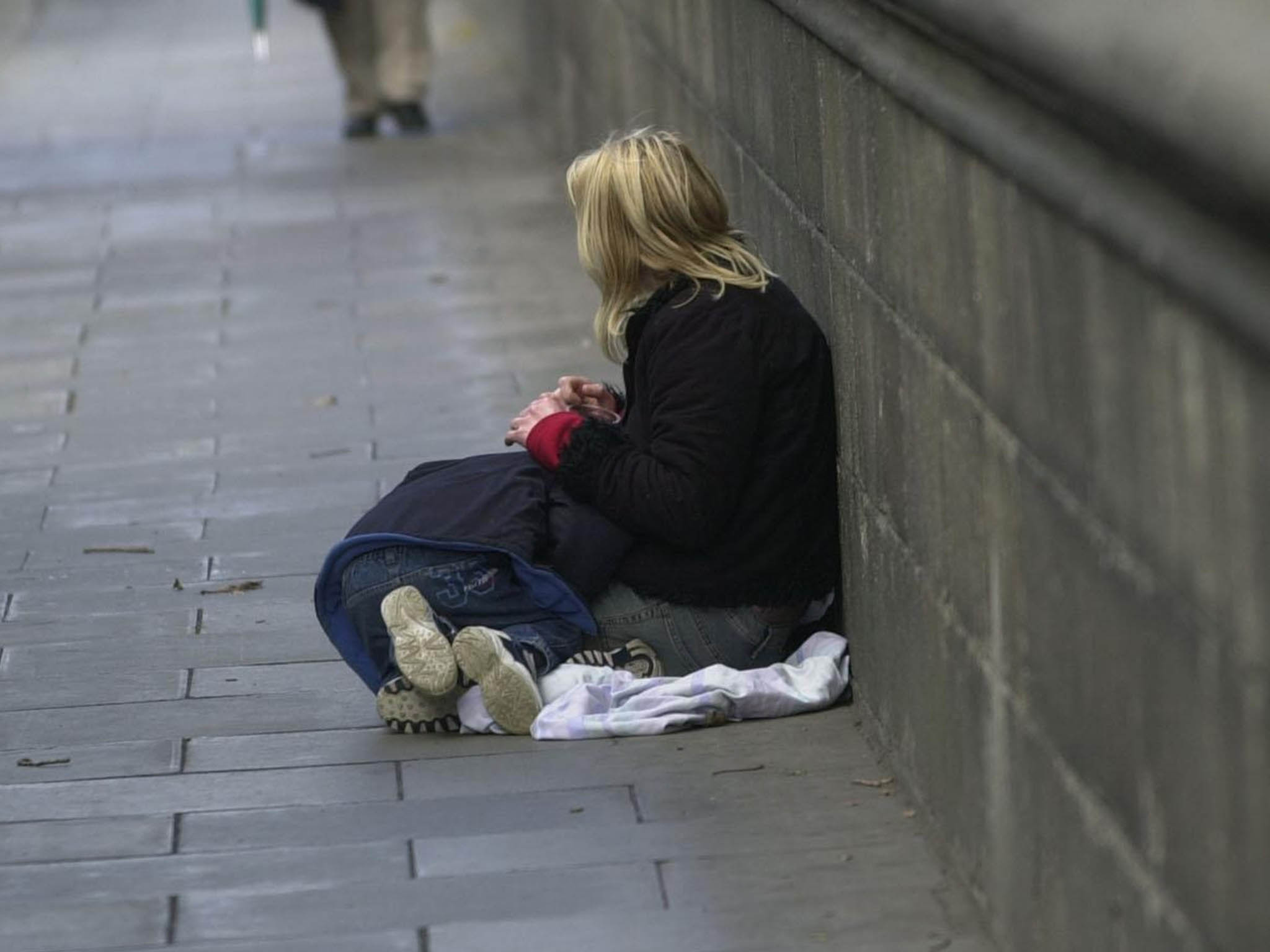Government U-turns on 'disastrous' plans to drastically limit funds for supported housing for vulnerable people
Decision to scrap proposals follows warnings that thousands of domestic abuse victims, mental ill-health sufferers and other vulnerable groups could be stripped of vital support as a result

Your support helps us to tell the story
From reproductive rights to climate change to Big Tech, The Independent is on the ground when the story is developing. Whether it's investigating the financials of Elon Musk's pro-Trump PAC or producing our latest documentary, 'The A Word', which shines a light on the American women fighting for reproductive rights, we know how important it is to parse out the facts from the messaging.
At such a critical moment in US history, we need reporters on the ground. Your donation allows us to keep sending journalists to speak to both sides of the story.
The Independent is trusted by Americans across the entire political spectrum. And unlike many other quality news outlets, we choose not to lock Americans out of our reporting and analysis with paywalls. We believe quality journalism should be available to everyone, paid for by those who can afford it.
Your support makes all the difference.The government has performed a climbdown over “disastrous” plans that were set to drastically limit funds for supported housing, following outcry from charities supporting vulnerable groups.
Plans were announced by Theresa May last year to place councils in charge of ring-fenced funding for emergency accommodation such as women’s refuges and homeless shelters.
But housing benefit will now be kept in place for domestic abuse victims, homeless people and other vulnerable groups in need of a safe place to stay – of which there are an estimated 716,000 in the UK – a move campaigners described as a “huge relief”.
Announcing the decision on Thursday, housing minister Kit Malthouse said: “Protection of the most vulnerable has always been our primary concern, and following our consultation, the case for keeping supported housing in the welfare system became clear.
“The sector also recognised that our aim of improving the quality of homes must be addressed, and we look forward to now working with partners to make sure we have strong measures in place.”
The government’s proposed supported housing funding model would have taken refuges for those fleeing domestic violence or at risk of homelessness out of the welfare system, instead devolving the costs to local authorities.
Domestic abuse charity Women’s Aid had warned this could have caused more than a third of refuges across England to close, leaving thousands of women and children without a safe place to go.
A survey by Rethink Mental Illness meanwhile revealed that 84 per cent of workers in supported housing for people with mental illness believed their service would have been in danger of closure if these new proposals went through.
Labour's Shadow Housing Minister, Sarah Jones MP, said: “The government has finally listened to Labour, charities, housing providers, and members of the public.
"Thousands spoke out against the ill-conceived proposals for supported housing funding which would have left some of our most vulnerable people without a safe place to stay.
“But it begs the question why Ministers put people through this pain and uncertainty in the first place. Three wasted years have strained our supported housing stock at a time when the need is higher than ever, a result of austerity and the disastrous roll out of Universal Credit."
“The Government must now urgently guarantee housing benefit funding and increase the provision of supported housing. Only this sort of decisive action could begin to make up for the delays and damage that has been inflicted on providers and people living in supported housing.”
Mark Winstanley, chief executive of Rethink Mental Illness, said he was “hugely relieved” at the government’s decision to drop its “harmful” plans for supported housing funding.
“This will give the tens of thousands of people who live in supported housing much needed reassurance that their homes are safe from cuts and closure,” he added.
Katie Ghose, chief executive of Women’s Aid, said: “We are delighted the government has listened and acted to keep refuge doors open for survivors of domestic abuse. Housing benefit makes up, on average, around half of a refuge’s income.
“Domestic abuse refuges save lives. With on average two women every week being killed by a current or former partner in England and Wales, refuges provide a real lifeline for thousands of women and children experiencing abuse at home.
“Today the government has taken decisive action to protect refuges’ last guaranteed form of funding, it must now work with us to ensure that funding for the support refuges provide for survivors is also secure.”
Local councils and housing providers also welcomed the decision, saying it would provide them with the certainty to sustain and invest supported housing for vulnerable people.
Councillor Izzi Seccombe, from the Local Government Association, said: “A sustainable funding model for supported housing is critical to ensuring councils can reduce homelessness and help older and other vulnerable people.
“It is, however, crucial that councils have the leading role in overseeing and ensuring the provision of housing for vulnerable groups is good quality, value for money and fits in with the wider local services offered in places.”
David Orr, chief executive of the National Housing Federation, meanwhile said: “After years of uncertainty, we are delighted that housing costs will remain in the social security system for all supported housing, sheltered and extra care.
“This announcement means that hundreds of thousands of people, many of whom are vulnerable, will continue to receive the support they need by right, through the social security system. It gives them the certainty and security they need and deserve.”
Join our commenting forum
Join thought-provoking conversations, follow other Independent readers and see their replies
Comments